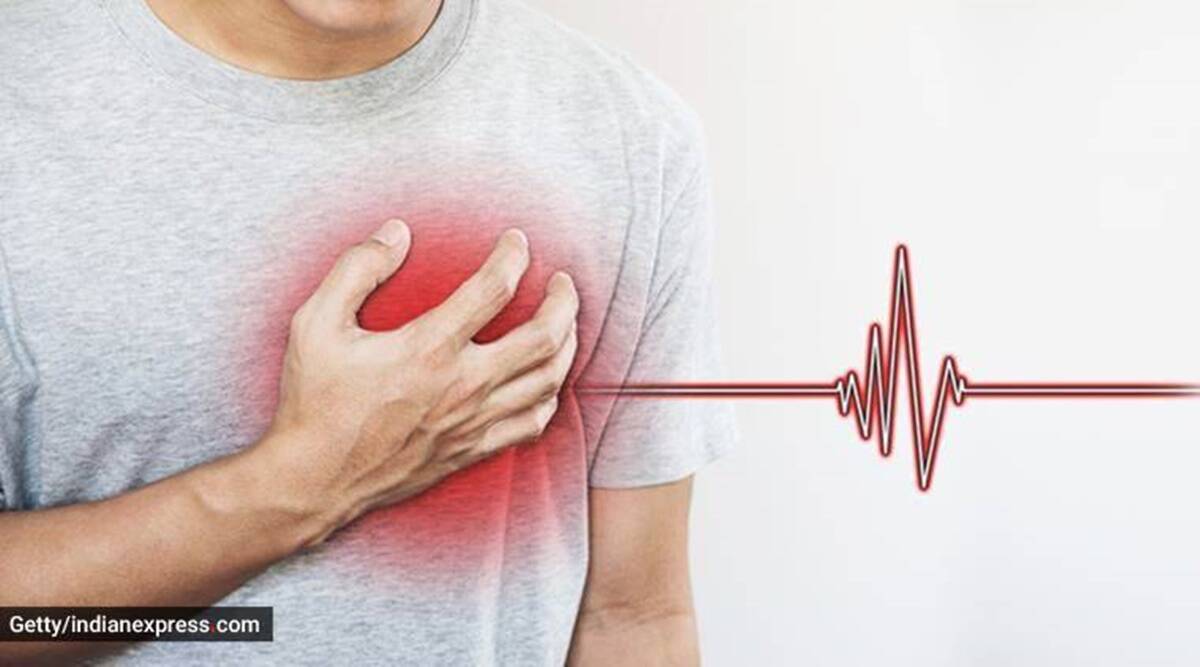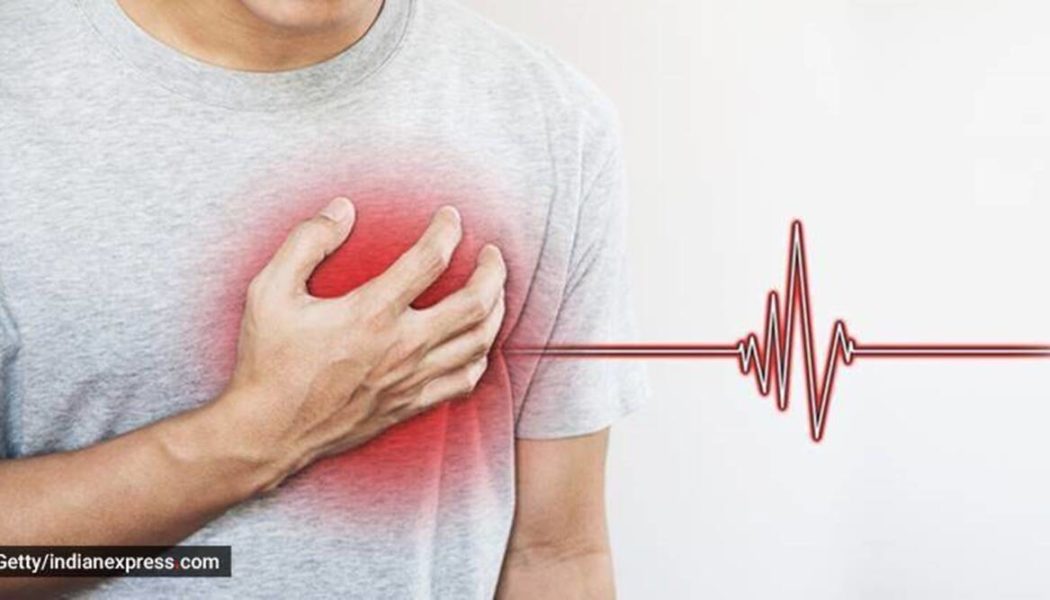In recent years, there has been an alarming rise in the occurrence of heart attacks. This concerning trend can be attributed to various factors, including sedentary lifestyles, unhealthy eating patterns, high levels of stress, smoking, obesity, and pre-existing medical conditions like hypertension and diabetes. While we know that heart attacks are more likely to occur during the early morning hours, are the more severe heart attacks more common on Mondays?
The researchers at the Belfast Health and Social Care Trust and the Royal College of Surgeons in Ireland analysed data from 10,528 patients across Ireland admitted to hospitals between 2013 and 2018 with the most serious type of heart attack. They found that serious heart attacks are more likely to happen at the start of the working week than at any other time.
But, what is a serious heart attack? It is known as an ST-segment elevation myocardial infarction (STEMI) and occurs when a major coronary artery is completely blocked. The research, which was presented at the British Cardiovascular Society (BCS) conference in Manchester, UK, discovered that there was a spike in rates of STEMI heart attacks at the start of the working week, with the number highest on a Monday.
“This study adds to evidence around the timing of particularly serious heart attacks, but we now need to unpick what it is about certain days of the week that makes them more likely,” Professor Nilesh Samani, Medical Director at the British Heart Foundation, was quoted as saying by PTI. “Doing so could help doctors better understand this deadly condition so we can save more lives in the future.”
 Weekly and seasonal variations in heart attacks have been observed, with more frequent occurrence of sudden death on Mondays (Source: Getty Images)
Weekly and seasonal variations in heart attacks have been observed, with more frequent occurrence of sudden death on Mondays (Source: Getty Images)
Jack Laffan, who led the research at the Belfast Health and Social Care Trust, added that the researchers have found a strong statistical correlation between the start of the working week and the incidence of STEMI. “This has been described before but remains a curiosity. The cause is likely multifactorial, however, based on what we know from previous studies, it is reasonable to presume a circadian element,” he said.
Dr Sanjay Chugh, Associate Director, Cardiology, Narayana Hospital, Gurugram said that based on this study, heart attacks are more likely on Monday, essentially because of binging on alcohol and sumptuous meals, combined with partying, and stress of starting the week. “The day of the week could vary in different cultures and societies. Hence, in Delhi-NCR, higher heart attacks are noted on Saturday night or early hours of Sunday. That we know is the time when most heart attacks and strokes happen because of the circadian rhythm, which is associated with higher blood pressure, heart rate, and platelet aggregability or the tendency of blood clotting,” he said.
Dr Chugh added that heart attacks and strokes are multifactorial and are affected by the incidence of diabetes, high blood pressure, lack of exercise, smoking or tobacco abuse, stress, age, and gender.
Advertisement
Dr Ritwick Raj Bhuyan, Director, Adult Cardiothoracic Vascular Surgery, Fortis Escorts Heart Institute, Okhla Road, New Delhi added that weekly and seasonal variations in heart attacks have been observed, with more frequent occurrence of sudden death on Mondays and in the winter compared with other days of the week and seasons, respectively. “The weekly variation of an increase on Monday has yet to be convincingly explained, nor has the size of the effect been adequately described,” he said, sharing some hypothesised reasons for this variation:
*An increase in stress on Mondays among employed people
*Weekend alcohol consumption (because high use may cause arrhythmias and thrombosis)
*Anomalies in data registration
📣 For more lifestyle news, follow us on Instagram | Twitter | Facebook and don’t miss out on the latest updates!









